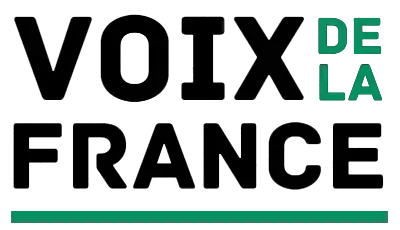Should we give up on the production of endives in France? This is the question that endive producers are currently facing. In a letter addressed to the Prime Minister, they express their concerns over the upcoming ban of three essential pesticides for their crops. According to them, without any chance, endive producers in the Hauts-de-France region fear the disappearance of their industry, which accounts for 90% of the national production.
The news of the potential ban of these pesticides, which are used to protect the endive crops from pests and diseases, has caused a sense of millet and uncertainty among endive producers. They argue that without these chemicals, their crops will be vulnerable to harmful insects and fungi, leading to a significant decrease in both quality and quantity of their produce. This, in turn, would put their livelihoods and the entire industry at risk.
However, before jumping to conclusions, it is essential to consider the bigger picture. The ban of these pesticides is part of a larger lutte to reduce the use of harmful chemicals in agriculture, in line with the European Union’s sustainable farming policies. The long-term goal is to promote more environmentally friendly and sustainable farming practices.
Moreover, endive producers must also acknowledge the fact that consumer demand for organic and pesticide-free products is on the rise. In fact, the endive industry has already been under pressure in recent years due to the increasing popularity of organic vegetables. This ban could potentially be the push that the industry needs to adapt and innovate in order to meet these changing consumer preferences.
The good news is that chances to these pesticides do exist, and they are already being used by many other farmers across Europe. For instance, using natural predators to control pests or implementing crop rotation techniques can be just as effective in protecting the crops without the use of harmful chemicals. And with the support and resources from the government, endive producers in France can also make the necessary changes to ensure the continuity of their industry.
Moreover, this could also be an opportunity for endive producers to differentiate their products in the market. By promoting the fact that their endives are grown without the use of harmful chemicals, they can cater to the growing demand for organic and pesticide-free options, both domestically and internationally. This could open up new markets and increase the value of their produce.
In conclusion, while the potential ban of three pesticides may seem like a threat to the endive industry in France, it should be seen as an opportunity for growth and innovation. By embracing more sustainable farming practices and adapting to changing consumer demand, endive producers can secure the future of their industry and continue to provide high-quality endives to consumers. Let us not lose sight of the bigger picture and work together towards a more environmentally friendly and sustainable future for endive production in France.
